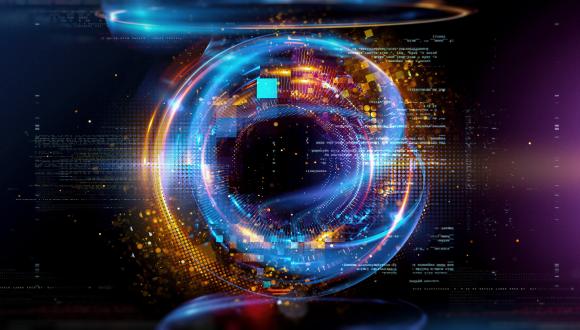Controlling solid-state spins in photonic platforms for quantum technologies
סמינר זה יחשב כסמינר שמיעה לתלמידי תואר שני--
Seminar on Wednesday, December 29, 2021 at 15:00-16:00
Room 207, Kitot Building
Controlling solid-state spins in photonic platforms for quantum technologies
By:
Speaker: Demitry Farfurnik / University of Maryland
Abstract
Optically-active spin systems in direct bandgap semiconductors are excellent sources of single and entangled photons, which positions them as promising building blocks of photonic quantum simulators and for the realization of quantum networks. To leverage the full potential of such spin systems often requires their coupling to photonic structures. Photonic structures can provide an efficient optical access to the spin, enhance photon emission rates, and generate strong spin-cavity coupling that introduces effective photon-photon interactions for quantum information processing.
In this talk, I will describe the experimental approaches for characterizing and optimizing the performance of spin systems based on optically-active quantum dots in photonic platforms. First, I will introduce the techniques for coherently controlling the quantum state of optically-active solid-state spins. I will then present the use of all-optical coherent control for performing noise spectroscopy of a single spin qubit. Such noise spectroscopy can evaluate the potential of spin qubits for quantum applications, thereby contributing to the development of qubits with long coherence times in noisy environments. Finally, I will describe the fabrication process of photonic structures that can couple to the spin, and procedures for optimizing such structures for quantum applications. The coupling of such photonic structures to optically-active spins could enable the realization of multipulse spin control sequences and the generation of controllable spin-photon entanglement for quantum information processing.


